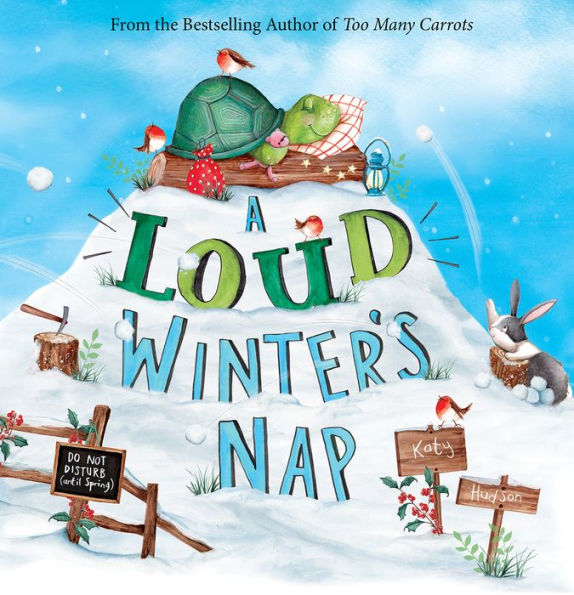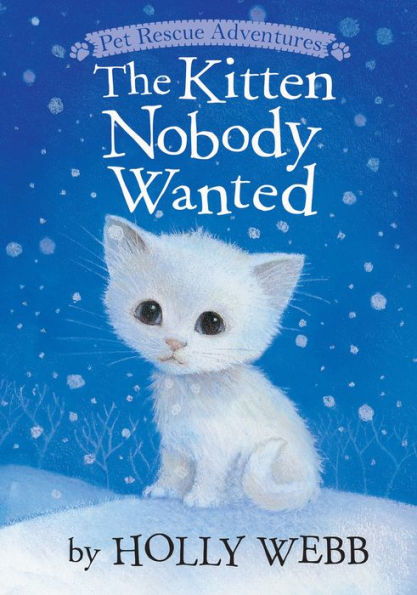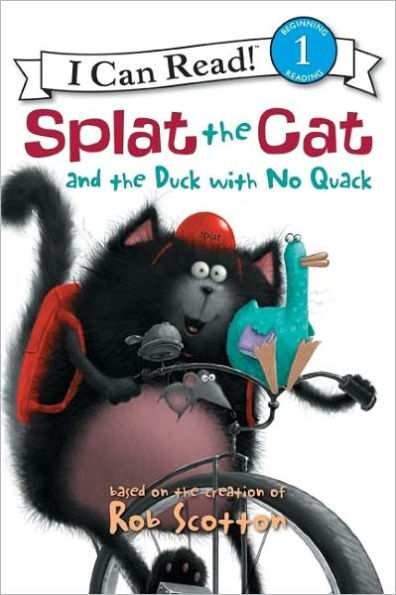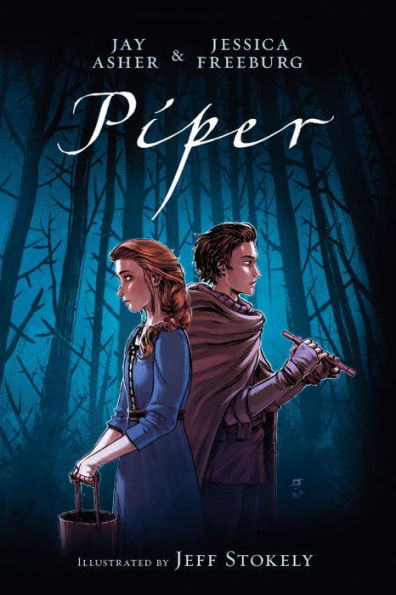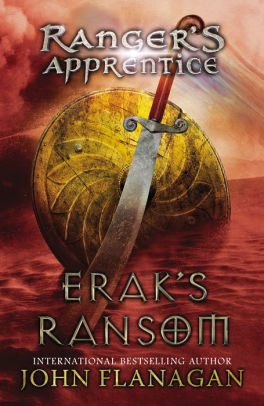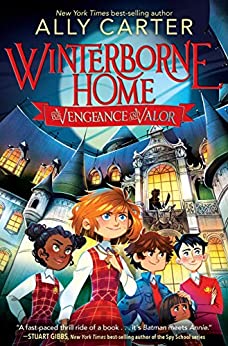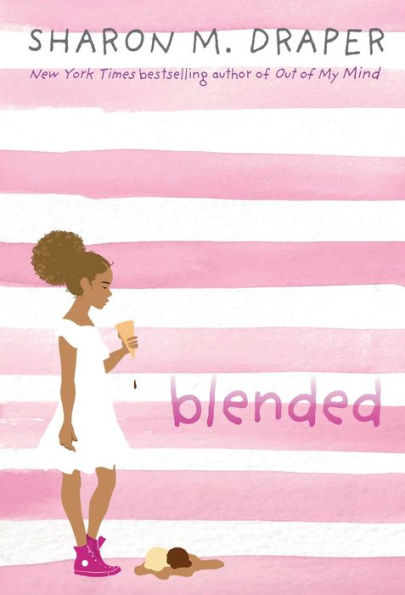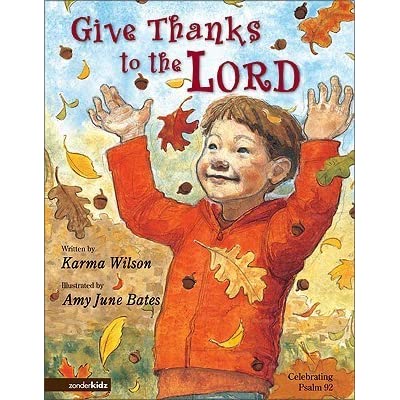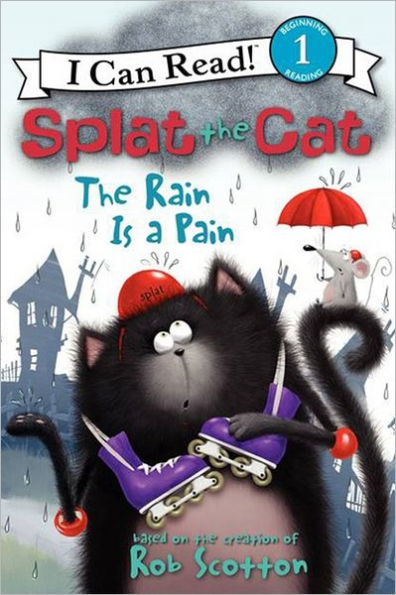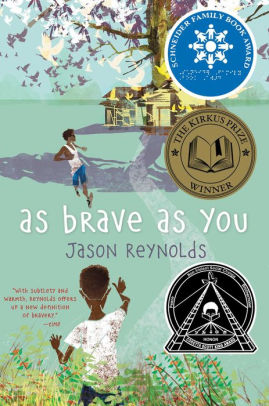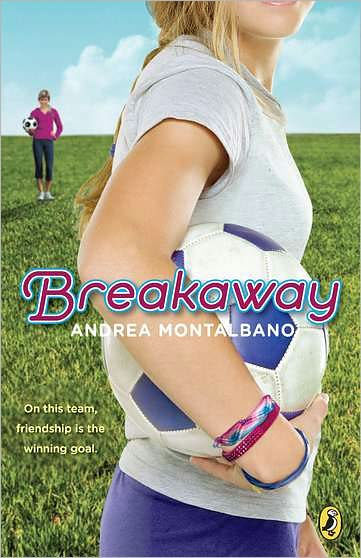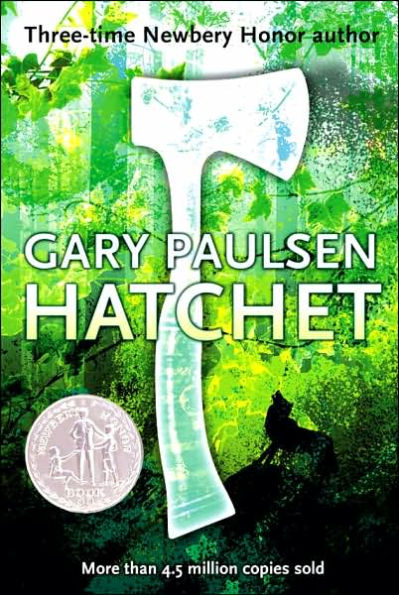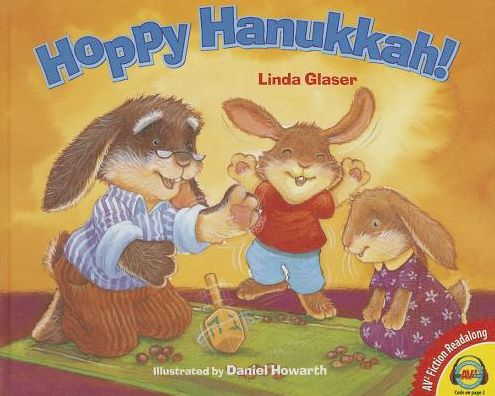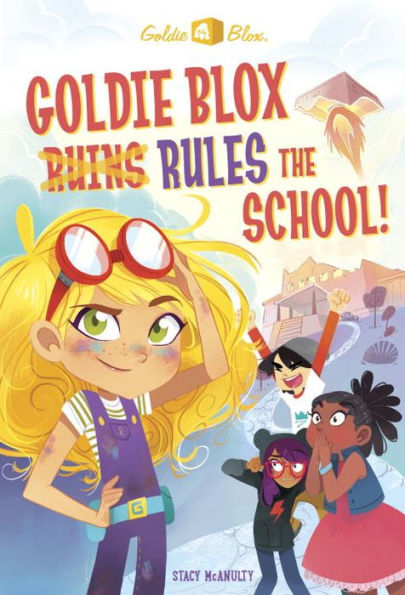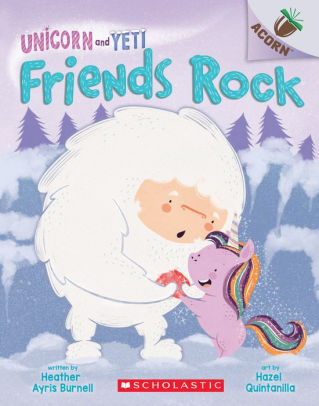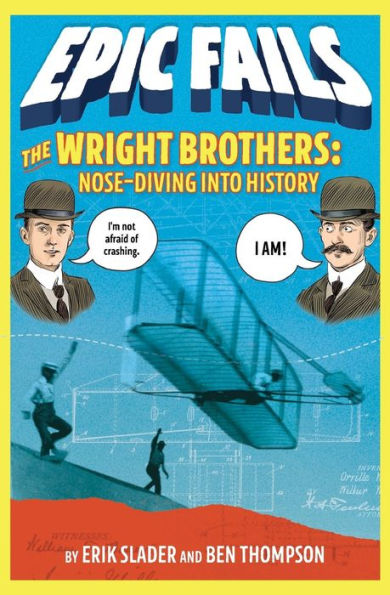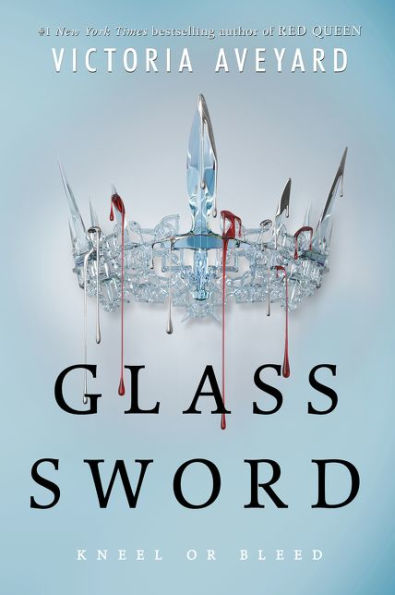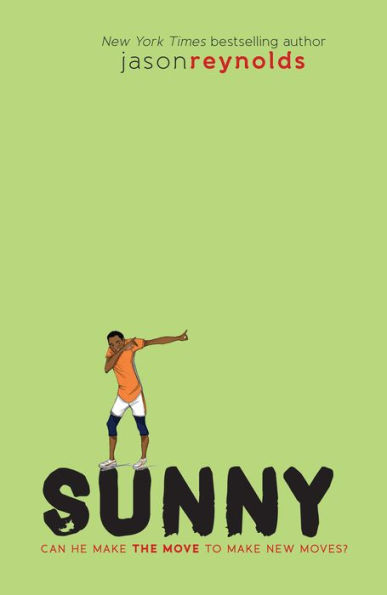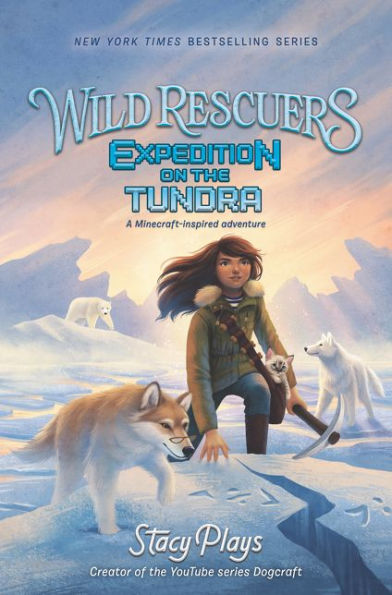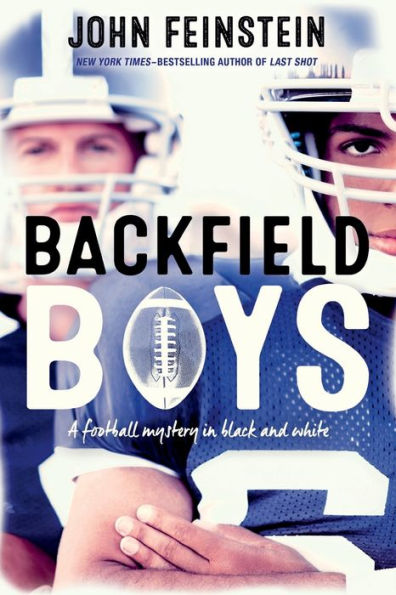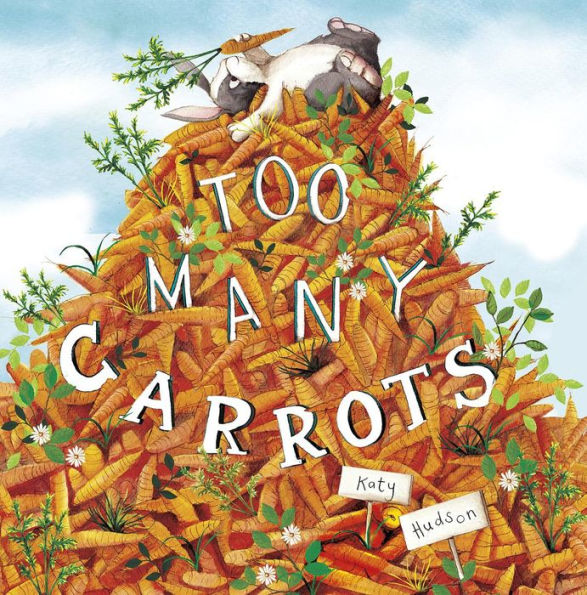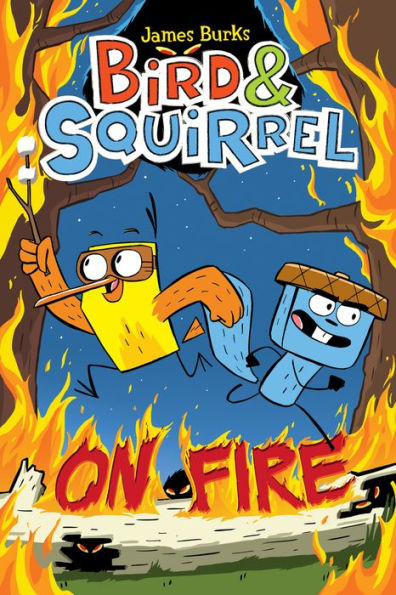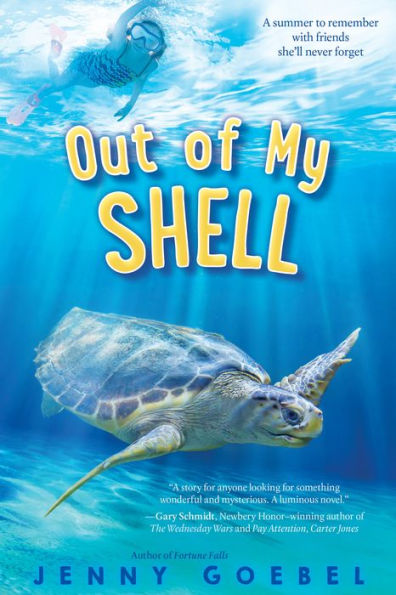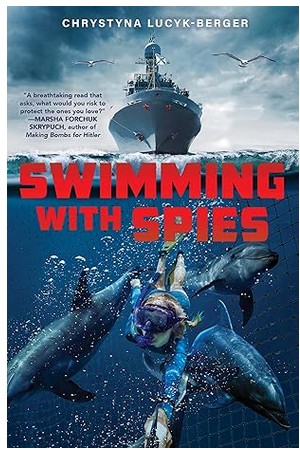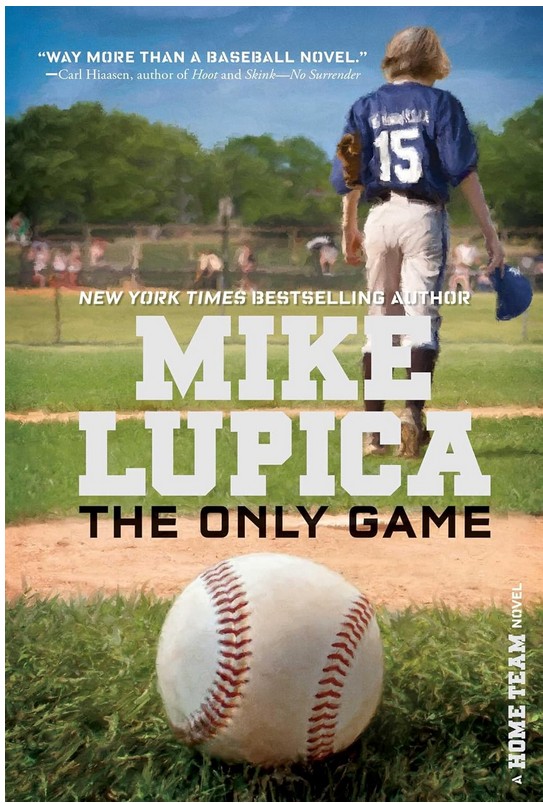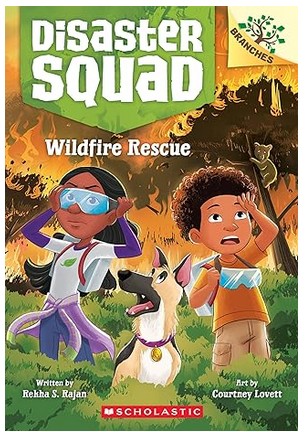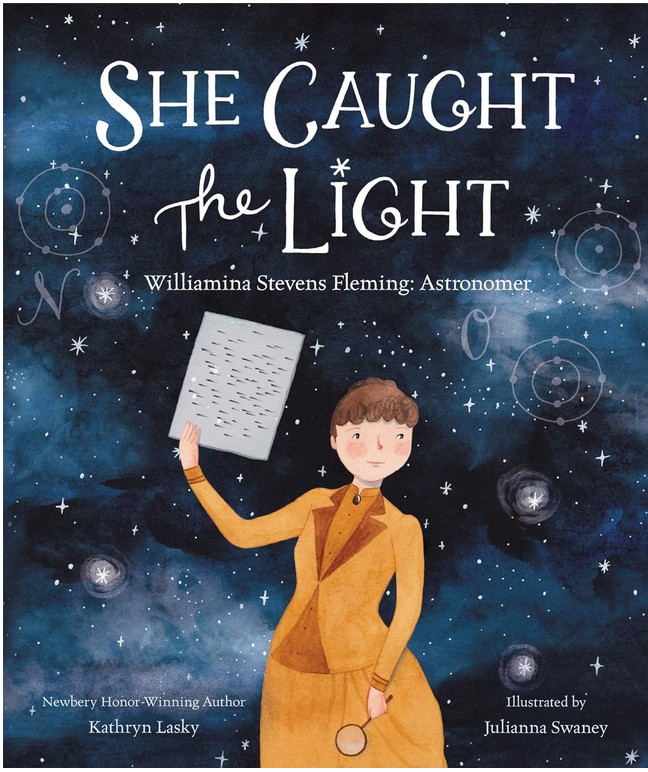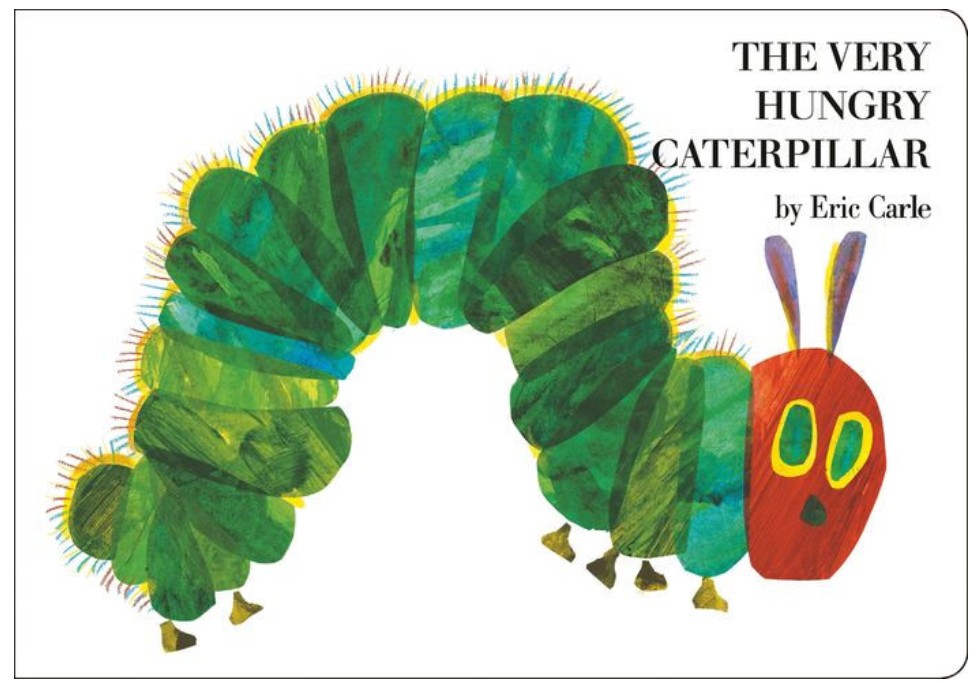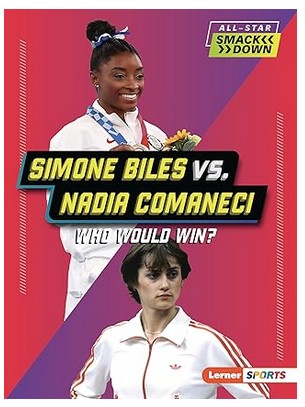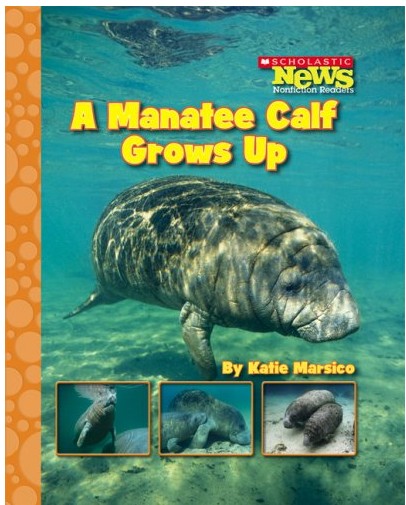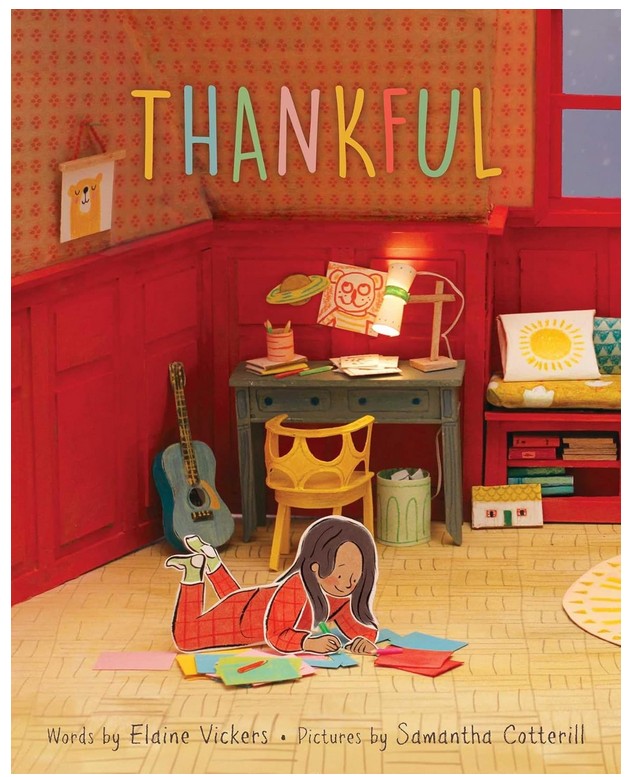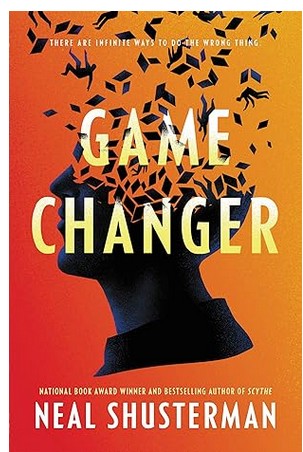Jason and Tom are two best friends from New York who love to play football. They are stoked when they are accepted to Thomas Gatch Prep (TGP), a private boarding school in Virginia created specifically for athletes. After their first week of practice, Jason, who is white, expects to be placed as a wide receiver because of his speed. Tom, who is black, expects to be placed as a quarterback because of his strong arm and accuracy. But when Jason is assigned as a quarterback and Tom is assigned as a wide receiver, the boys start to suspect racial bias. As the year progresses, Tom and Jason, along with their roommates Billy Bob and Anthony, start to notice deep-seated racism in the school.
Tom and Jason discover that there have been zero African Americans that have played as quarterbacks at TGP. Determined to expose the racism at the school, Tom and Jason enlist the help of two reporters: Teel and Robinson. These two reporters have already heard about the underlying racism at TGP, but they’ve never had enough evidence to prove it. As the football season gets underway, Tom and Jason gather more evidence of racism. Tom is never put in any of the games. All of the students were assigned roommates, and there are no interracial rooms. One of the biggest stories they find is that Mr. Gatch, founder of TGP, invited a former KKK grand wizard to speak at a school he worked at thirty years ago. The boys are stunned that the founder of their school has ties to the KKK, but it’s still not enough of a story for Teel and Robinson to publish.
In addition to attempting to expose the racism in the school, Tom, Jason, Anthony, and Billy Bob deal with the everyday pressures of high school, including deciding on who to take to the school dance. Fortunately, Billy Bob uses his southern charm to win over a group of senior girls, providing himself and his friends dates. Their big news break occurs at the school dance. The dance is going well until Mr. Gatch yells at Tom and Anthony for dancing with their dates, who are white. His explosion lands him and his school in the public eye.
A couple of weeks later, the head football coach, Coach Johnson, calls a meeting, but only the white coaches are invited. Coach Johnson announces he is leaving and the new head coach is a black man, which causes uproar. Coach Johnson says, “We all have to make sacrifices in today’s world. Bad enough we had to put up with a black president in this country.” The meeting is further evidence of racism and when the media hears a recording of the meeting, the story explodes in the media. The school is split into those who support Coach Johnson and those who don’t.
There are underlying real-world, political elements in Backfield Boys. Trump is referenced a few times. For example, Tom, Jason, Anthony, and Billy Bob sit with their friend Juan del Potro and other Hispanic students at lunch. Tom comments, “Donald Trump would not like our table.” Juan adds, “He’d want a wall down the middle of it.” After the story of the coaches’ meeting is published, “Fox News was having what felt like a field day with the story, the issue to them being that the United States was being destroyed by ‘chronic political correctness.’” The main characters are obviously not supporters of Trump and have no reserves about expressing their political and religious opinions.
Backfield Boys describes, in detail, many football games, which will satisfy football fans. Tom and Jason always know which plays will work best, which is unrealistic since this is their first year playing football. Tom, Jason, Anthony, and Billy Bob don’t have any flaws and are always presented in a positive light, which makes them unrealistic characters. They are extremely mature and witty for their age, providing the book with good humor. They are admirable in that they could have chosen to just leave TGP, but they decided to stay and work towards exposing the racism in the school. The story drags at times, and the climax comes at the very end. Backfield Boys is about football, but it is also about underlying racism that still exists in sports today.
Sexual Content
- Billy Bob stands up to Mr. Gatch after being yelled at for dancing with a black girl. Grateful, Zoey “walked a few steps over to Billy Bob, leaned down, and gave him a long kiss on the lips.”
Violence
Drugs and Alcohol
Language
- Jason and Thomas want to tell the coaches they are in the wrong positions, but they don’t think it will go over well. Jason says, “I was only with Coach Reilly a couple of minutes, but my sense is that he’s a serious jerk.”
- While he is checking for students who want to go to church, Coach Ingelsby insults Jason’s Judaism. After Coach Ingelsby leaves Jason’s room, Jason says, “Go with God, you jerk.”
- A football player who was yelled at and blamed for hurting his teammate dropped out of TGP. Anthony says he doesn’t blame him because “Bobo did everything but call him the n-word.”
- Robinson knows it will not be easy to prove Coach Bobo is racist. He says, “[Coach Bobo] may be a racist, but he’s no dummy.”
- After Billy Bob performs a play Coach Johnson didn’t call, Coach Johnson tells him to “sit your butt down the rest of the night.”
- Gatch, the owner of TGP, is furious that Tom is dancing with Toni, a white girl. He shouts, “Good God, do you expect me to just stand here and watch while you paw this beautiful young girl?”
- Tom tells Teel and Robinson about Mr. Gatch’s response to him dancing with a white girl, and how that proves Mr. Gatch is a racist. “We got [Mr. Gatch]. He did everything but call Anthony and me the n-word.”
- After making a good play during a football game, Billy Bob tells Coach Johnson “You’re welcome for saving your butt – again – tonight.”
- When the coaches discover that the new head coach is a black man, Coach Ingelsby says, “Well, I sure as hell am not working for a goddamn. . . ” The book goes on to say, “And then he said it, the n-word.”
- “What the hell?” and hell are used several times.
- “My God” and “Oh, my God” are used several times as an exclamation.
Supernatural
Spiritual Content
- During football practice, Jason runs the fastest out of everyone. Tom jokes, “Wait until they find out you’re Jewish. They’ll want to drug test you.”
- Billy Bob tells Jason he is the first big city kid he has ever met. Jason replies, “Maybe I’m the first Jewish kid you’ve met, too.” Billy Bob asks Jason if it was scary living in the West Side of Manhattan, and Jason answers, “Probably no scarier than it would be to be Jewish in Gadsden.”
- Jason and Thomas joke with each other during a blessing. An upperclassman whispers, “Hey, freshmen, you need to shut up and show some respect during the blessing.”
- After a prayer is finished, an upperclassman asked them, “What’s the matter, you big-city boys don’t believe in God?” Another student chimes in, “Are you Muslim or something? You pray to Allah?”
- When the two upperclassmen question Tom, he replies, “You pray to whomever you want, and I’ll pray to whomever I want, and we’ll leave it at that.” Billy Bob jumps to Tom and Jason’s defense by saying, “I go to church every Sunday and pray to the Lord Jesus Christ, just like you do. But at this school we’ve got folks from all over, and we all better learn that not everyone’s the same as us.”
- The chaplain at TGP prays, “Dear Lord, we thank thee for our food today. May we be faithful stewards of thy bounty. Grant us the grace to walk where your son Jesus’s feet have gone.”
- During a school prayer, “Jason wouldn’t bow his head for a prayer mentioning Jesus as the son of God.”
- “Tom didn’t bow his head because he believed that all prayer should be silent and private.”
- At the end of practice on a Saturday, Coach Johnson tells the football team to, “Pay your respects to the Lord in the morning.”
- Jason stays at the school while Billy Bob and Anthony take a bus to go to St. Michael’s Catholic church. Jason recalls the school forms saying, “If the Protestant services offered on campus on Sunday were not deemed appropriate, transportation to churches of their denominations in the area would be supplied.”
- Coach Ingelsby asked Jason if he was going to church, and Jason responds, “I’m Jewish.” Coach Ingelsby retorts, “So Jewish people don’t go to church?” Jason tells him, “Coach, if you’re Jewish you go to temple, not church. And, generally speaking, you go on Friday night or Saturday morning.” Coach Ingelsby asks, “Jewish people don’t believe in Jesus Christ, do they?” Jason answers, “Most Jews believe he existed. They just don’t believe he was the son of God.” Coach Ingelsby tells Jason he feels sorry for him because he is “missing out on salvation.”
- On Sunday mornings, the school library is closed. There is a sign that says, “God first, studies second.”
- Tom tells Jason that Coach Ingelsby asked him about Jason’s Tom jokes, “Well, at least Billy Bob and Anthony are in church. Maybe God will tell them how we can deal with this place.” Jason responds, “Not sure even he has the answer to that.”
- After he and Tom talk to the reporters about a possible news story for TGP, Jason jokes, “Let’s go see if our good Christian roommates are back from church yet.”
- While interviewing Tom and Jason, a reporter tells them the coaches reference God a lot in their media interviews. “There’s a lot of giving all the glory to God. You’ll find that’s big at TGP.”
- While being interviewed in the locker room, the players hide when Coach Johnson walks in. The reporter whispers he hopes Johnson went back into his office. Billy Bob says, “Hope might not be enough. We might need to say a prayer.” Tom whispers back, “All glory to God.”
- Tom runs into Coach Ingelsby, who is making his weekly church rounds. Coach Ingelsby asks Tom, “No worship again today for you?” Tom replies, “No offense Coach, but how or when I practice my religion, whatever it may be, is really my business alone.”
- After a football game, Coach Johnson “drops to one knee” and says, “Now let’s give thanks.” Since everyone else knelt, Jason knelt too. He “felt awkward at these team-prayer moments but knew he would feel more awkward if he remained standing. He bowed his head.”
- At the end of a football game, Coach Johnson prays, “We thank you, Lord, for the great execution of our defense and the wonderful pad level from our O-line.” Jason wants to crack up “at the notion that God paid any attention to TGP’s defensive execution or pad level.”
- When Coach Johnson’s prayer is finished, Coach Ingelsby tells Tom and Jason, “Nice of you two to kneel along with your teammates.” Jason responds, “I believe in showing respect for all religions, Coach. Mine and others.”
- After a game, Coach Johnson tells the players to take a knee and prays, “Lord, let these young men learn from the mistakes they made tonight.”
- During the school dance, the football coaches try to separate Tom and his dance partner, Toni, because they are an interracial couple. Tom’s friends are also part of interracial dance partners. As Toni stands up for herself, Tom “was hoping and praying the other girls were giving similar responses to being ordered to change partners.”
- Tom describes the plan for him and his friends to meet reporters. “All four of us will be going to church tomorrow – even Jason, the godless Jew.”
- A football player notices Jason heading to church. He asks, “Hey, what’s a Hebrew doing going to church?” Jason, as a cover up, replies, “I’m thinking about converting.” To get the football player off their backs, Billy Bob jokes, “It’s the Lord’s day. How about giving it a rest?” When the football player doesn’t respond, Jason thinks, “Invoking the Almighty seemed to do the trick.”
- “Amen to that” is used several times as an agreement to a statement someone says.
- “Thank God,” is used several times.
by Jill Johnson
